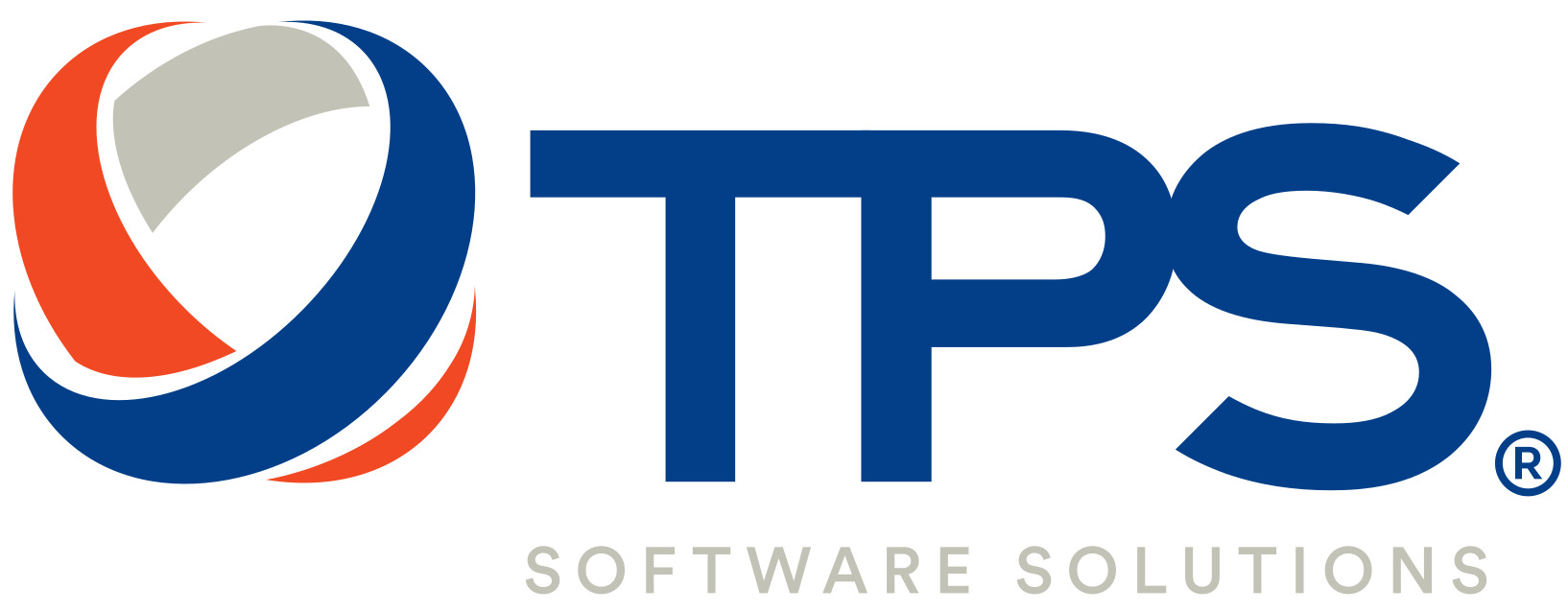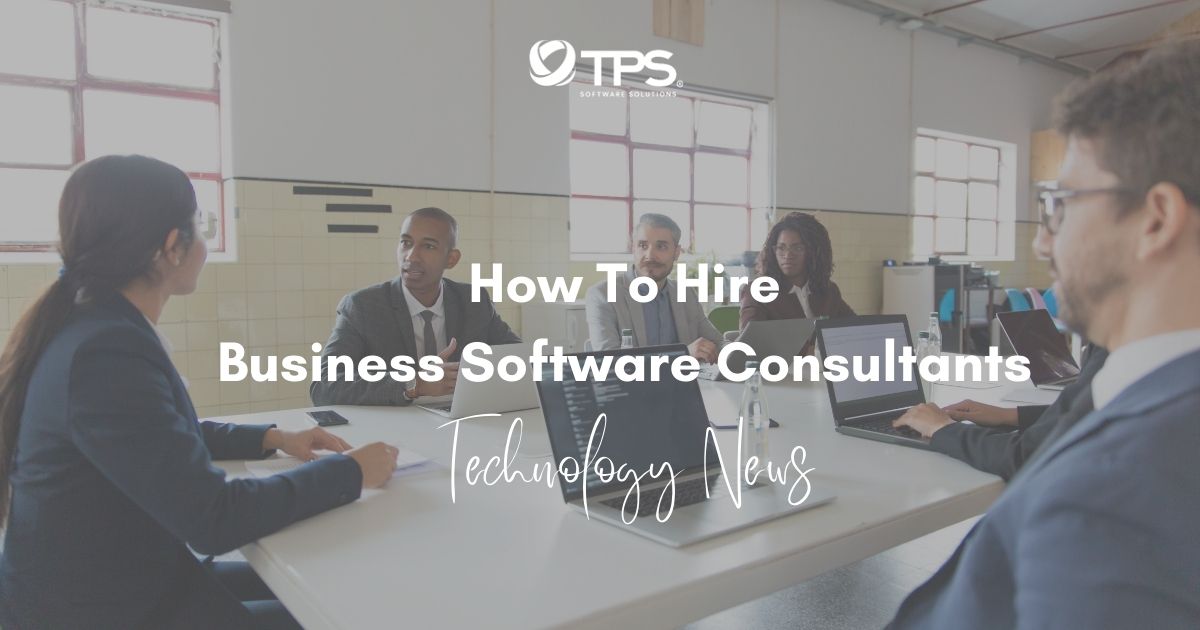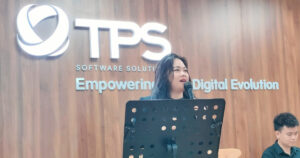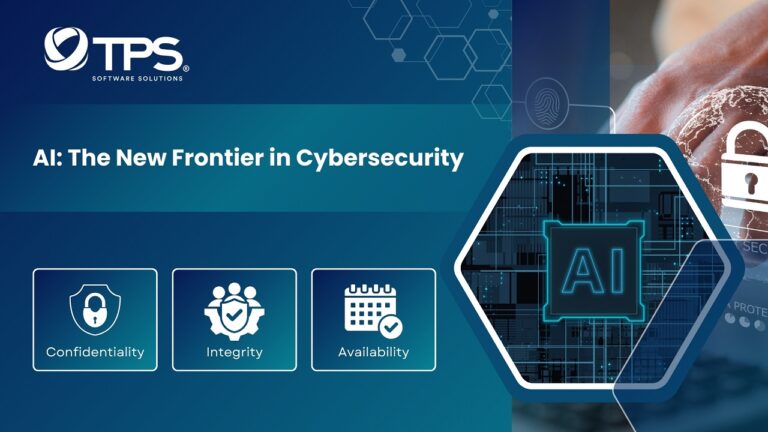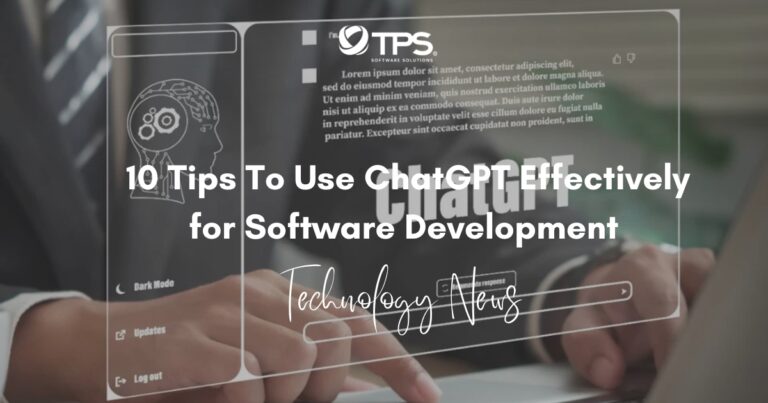Hiring Business Software Consultants
Is there a Business Software Consultant position in your company that you’re looking to fill? Business software consultants are known for being technological powerhouses, yet they also need to possess strong communication and problem-solving skills.
This makes them a crucial asset, but it’s very challenging to find the perfect fit for such a demanding role. But it’s not impossible.
There are key factors that ensure you hire the right partners who will make a significant impact on your business. We’ll cover everything from how to identify potential candidates, assessing their technical and soft skills, and which industries require these consultants the most.
But first, let’s start by understanding what exactly should you look for when hiring a Business Software Consultant.
Guide to Hire Successful Business Software Consultants
Identifying the right skills
Hiring a Business Software Consultant goes beyond just looking at their technical prowess. A deep understanding of software systems and platforms is essential, but that’s not all.
It’s equally important to consider their communication and problem-solving skills. In this role, they’d often be required to liaise with different teams – from IT to management – hence, the ability to express complex tech issues in simpler terms becomes crucial.
Also, take note that problem-solving is key. Once, you hired a consultant based purely on their impressive technical knowledge.
However, when faced with a system glitch that required innovative thinking and fast action, they were unable to deliver. The ability to think on one’s feet matters just as much as technical know-how.
Therefore, when you have to hire, you should include scenario-based questions in the interview process to assess these soft skills. Did it take more time? Yes. But was it worth it? Absolutely.
The consultant we hired was not just proficient in software but also possessed the soft skills needed to excel in their role.

Implementing scenario-based interviews
The next crucial step in hiring a Business Software Consultant is implementing scenario-based interviews. This approach permits you to assess the candidate’s problem-solving capabilities, crucial for this role.
One of the most effective ways is to use real-life situations that have occurred in your company. You present these scenarios during the interview and observe how the candidate would approach the problem.
For instance, let’s ask them: “Imagine our company’s software system unexpectedly crashes causing significant downtime. How would you handle this situation?”
Their response would give insight into their problem-solving skills and their ability to think quickly under pressure. This approach not only gives you a more complete understanding of the applicant’s abilities but also helps to see how they’d fit into our company’s culture and work ethic.
Consider incorporating scenario-based interviews into your hiring process; it makes a world of difference.
Maintaining the momentum
Once you’ve found and hired a Business Software Consultant who fits your needs, it’s natural to breathe a sigh of relief. However, the work doesn’t end there. The initial sense of accomplishment arose upon successfully hiring the first consultant through the new process.
However, it became evident that without sustained open communication and the provision of necessary support for seamless integration into the company culture, the consultant’s effectiveness could diminish. Staying engaged with your new hire is key. Regular check-ins and feedback sessions are crucial to ensure they are on track and feeling comfortable in their position.
Also, encourage them to express any issues or ideas they might have. This not only helps them feel valued but can also bring fresh perspectives to your business. Hiring the right Business Software Consultant is just the beginning; retaining them and ensuring their professional growth within your organization is equally important.
Embracing the power of personal responsibility
In the journey, acquiring accountability for the hiring process, even in the face of unexpected outcomes, instilled a sense of control. This approach facilitated continuous learning and improvement. The tendency to attribute shortcomings to the system or candidates is common when things go awry, but the reality is that the power to influence outcomes rests within our control.
An enlightening realization emerged regarding the impact of external factors on the decision-making process. Frequently, societal norms or perceived industry standards sway our choices. It is crucial to recognize the uniqueness of each company; what may have succeeded for others may not apply to us.
Trusting instincts and making decisions aligned with the organization’s needs and culture became a key lesson. This could involve deviating from conventional hiring methods or redefining the criteria for an ‘ideal’ candidate.
Lastly, it’s imperative to acknowledge that this is a journey, not a destination. Challenges and victories are inherent in the process. The objective is to continually learn, evolve, and strive for self-improvement. The growth of the company is intricately linked to personal growth. Embracing this process guides decisions in the best interest of the organization.
Adapting to Industry-Specific Demands
Understanding the industry-specific demands for business software consultants is paramount. Different industries may require specialized skills or knowledge of specific software ecosystems. For example, healthcare may demand consultants with expertise in electronic health records, while finance may require knowledge of sophisticated financial software.
Tailoring your hiring process to align with the unique demands of your industry ensures that the consultant you bring on board possesses the precise skills needed to address industry-specific challenges. This targeted approach enhances the consultant’s effectiveness in contributing to the success of your business within its specific market context.

Building a Talent Pipeline for Future Success
To master the art of hiring Business Software Consultants, consider building a talent pipeline for future success. Proactively identify and engage with potential candidates, even if you’re not currently hiring. This strategic approach allows you to establish relationships with top talent in the field, making the hiring process more agile when the need arises.
Attend industry events, engage in online communities, and network to build a pool of potential candidates. Having a robust talent pipeline not only streamlines future hiring but also positions your company as an attractive destination for top-tier business software professionals, enhancing your employer brand in the long run.
Conclusion
In conclusion, the process of hiring Business Software Consultants is a multifaceted journey that extends beyond technical expertise. By prioritizing a combination of technical prowess and essential soft skills, implementing scenario-based interviews, and fostering continuous communication, you set the stage for success. Embrace personal responsibility, trust your instincts, and adapt to industry-specific demands to find the perfect fit for your organization. Remember, this is a continual learning process, and building a talent pipeline ensures future success. As you navigate this dynamic landscape, our guide empowers you to not only find exceptional consultants but also cultivate an environment for sustained growth and innovation within your company. For any software consultants, feel free to send your inquiry to TPS Software
